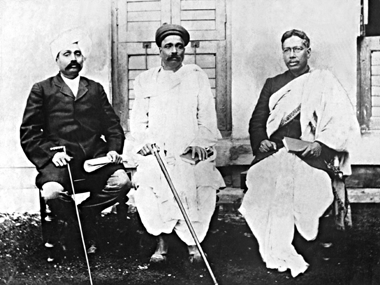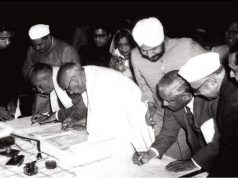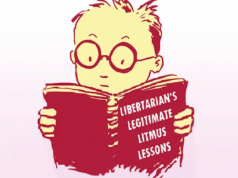This is an excerpt from an article written by P Kodanda Rao for the July 1962 issue of The Indian Libertarian Journal.
“Normally, if people desire anything, for pleasure or profit, they seek it voluntarily and without official pressure. For instance, more and more people are travelling by rail, road, air and water, voluntarily and without official coercion. The voluntary demand for educational facilities has far exceeded the current supply, and more students are voluntarily seeking education in science and technology than in arts because of their superior usefulness. Similarly, if Hindi has any all-India value, it will be sought after without the unconscionable pull and push of the mighty Government of India armed with enormous persuasive and coercive powers and only too willing to use them ruthlessly. English, on the other hand, because of its intrinsic merits, is being sought voluntarily, in spite of discouragements and restrictions imposed by the Government…
… Hindi Raj is a sinister advance guard of Hindu Raj. The Government of India, with Its Hindi mania, is, consciously or unconsciously, playing into the hands of Jan Sangh and RSS. The patriotic and nationalist Indians, who would stave off the twin calamity, must bestir themselves before it is too late and bring into operation maximum constitutional pressure on Hindi Government and Hindu RSS by agitating immediately for English Ever: Hindi Never.”
Access the full document here.
First Published in The Indian Libertarian – September 1958
Other editions of the publication can be accessed at Indian Liberals, an open, multilingual digital archive committed to preserving liberal voices in the Indian public sphere.
Post Disclaimer
The opinions expressed in this essay are those of the authors. They do not purport to reflect the opinions or views of CCS.






